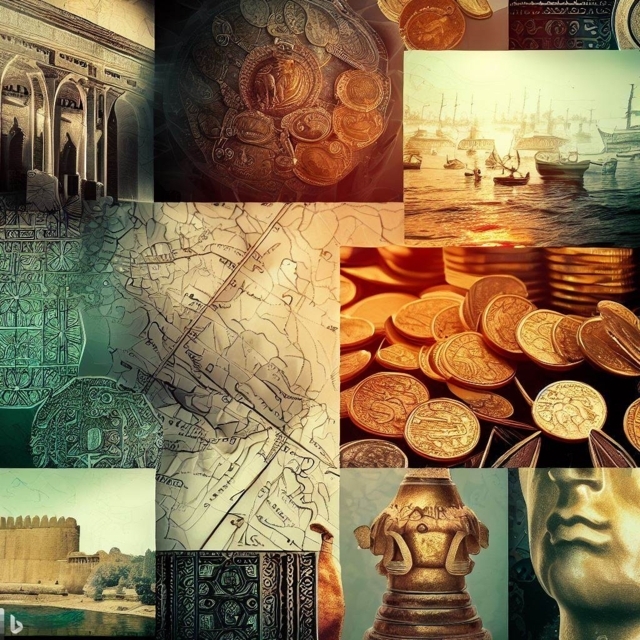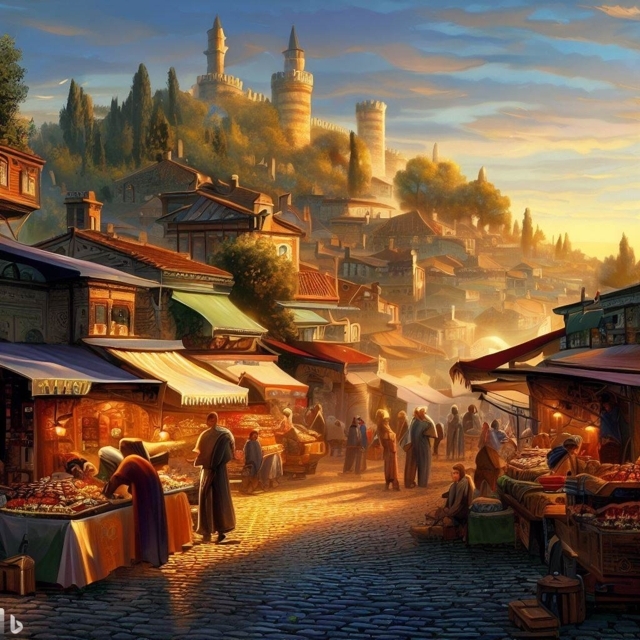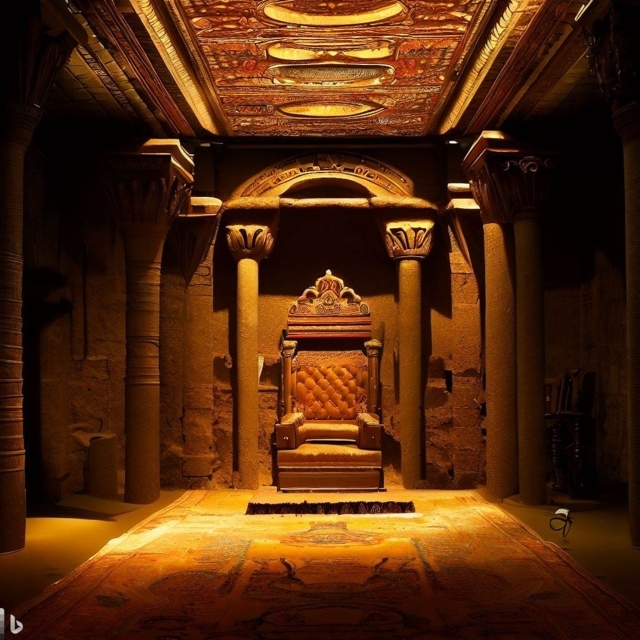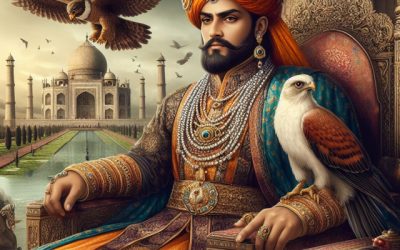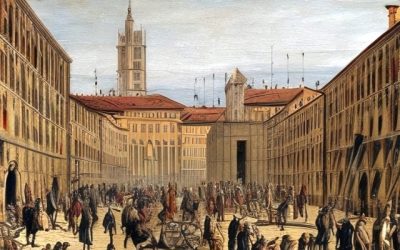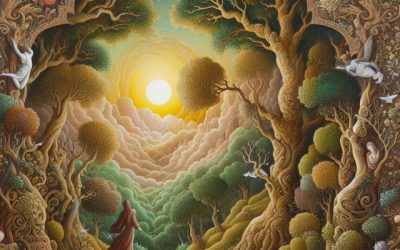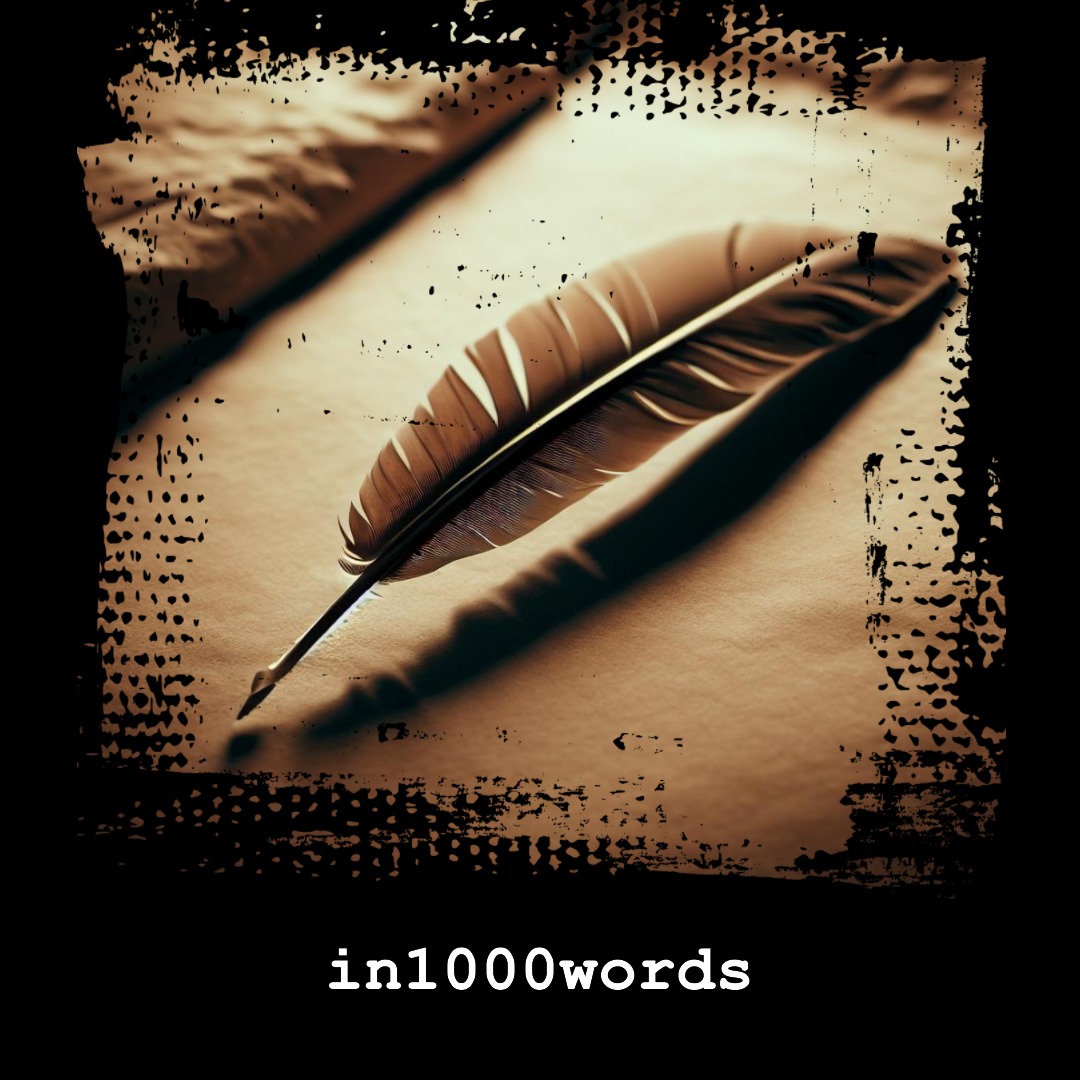A Multifaceted Hellenistic State.
Welcome to a journey through the Bosporan Kingdom, an ancient Greco-Scythian state that thrived in the 1st century. This unique kingdom, located in eastern Crimea and the Taman Peninsula, stood out as the first truly “Hellenistic” state, where a diverse population embraced Greek language and civilization under the consolidated leadership of aristocrats. In this blog post, we will explore the artistic and scientific achievements, daily life, economic and political identity, governance system, and the important rulers of the Bosporan Kingdom.
Artistic Endeavours
The artistic heritage of the Bosporan Kingdom was a fascinating blend of Greek and Scythian influences. The kingdom’s art depicted scenes from mythology, daily life, and religious rituals, serving as a visual representation of its cultural identity and connection to the wider Greek world[2]. The language(s) of images in the arts of the Bosporan Kingdom were diverse, reflecting the multicultural nature of the region. These artworks showcased the kingdom’s creativity and its ability to synthesize different artistic traditions.
Scientific Endeavours
While information about the scientific endeavours of the Bosporan Kingdom is limited, it is reasonable to assume that the kingdom engaged in scientific pursuits. With its adoption of Greek language and civilization, the inhabitants likely had access to Greek scientific knowledge. Fields such as astronomy, mathematics, and medicine may have seen advancements within the kingdom. Further research is needed to uncover more information about the scientific achievements of the Bosporan Kingdom.
Daily Life in the Bosporan Kingdom
The daily life of the people in the Bosporan Kingdom was shaped by a combination of Greek and Scythian traditions. The major city of Panticapaeum (modern Kerch) served as the political and economic center. The inhabitants engaged in various economic activities, including agriculture, fishing, and trade. The fertile land of the region allowed for the cultivation of crops such as wheat, barley, and grapes. The Bosporan Kingdom also had a thriving trade network, exporting goods such as grain, fish, and slaves.
Religion played a significant role in the daily life of the Bosporan Kingdom, although it has received little attention from academics. The worship of Greek deities, as well as local gods and goddesses, was prevalent in the region. The inhabitants engaged in various religious rituals and cult practices, with goddesses holding a special place in their beliefs. The archaeological evidence provides glimpses into the religious practices and the importance of religion in the lives of the people.
Economic and Political Identity
The Bosporan Kingdom had a distinct economic and political identity. It was a prosperous state with a strong focus on trade, benefiting from its strategic location on the shores of the Cimmerian Bosporus[3]. The kingdom’s economy thrived on agricultural production, fishing, and a well-established trade network. The export of goods such as grain, fish, and slaves contributed to its economic prosperity.
Politically, the Bosporan Kingdom operated under a monarchy, with a king ruling over the state. The monarchy provided consolidated leadership and played a crucial role in the adoption and promotion of Greek language and civilization. The king of the Bosporus held power and authority, shaping the kingdom’s political landscape. Let’s take a brief look at some of the important rulers of the Bosporan Kingdom:
– Spartokos I (438–433 BC): He was one of the early kings of the Bosporan Kingdom and played a significant role in its establishment.
– Sauromates II (AD 174–210): Sauromates II was a prominent ruler known for his military campaigns and the expansion of the kingdom’s territory.
– Rhescuporis VI (AD 314–341): Rhescuporis VI ruled during a period of political and social change in the Bosporan Kingdom.
Conclusion
The Bosporan Kingdom in the 1st century was a multifaceted state that embraced Greek language and civilization, while also retaining its Scythian influences. Its artistic endeavors showcased a unique blend of Greek and Scythian traditions, reflecting the kingdom’s cultural identity. Although limited information is available about its scientific achievements, it is reasonable to assume that the kingdom engaged in scientific pursuits. Daily life revolved around agriculture, trade, and religious practices, with a strong emphasis on the worship of Greek and local deities. The Bosporan Kingdom had a distinct economic and political identity, with a thriving economy and a monarchy that provided consolidated leadership. Further research and exploration of this fascinating period in history will undoubtedly shed more light on the economic, political, artistic, and scientific achievements of the Bosporan Kingdom.
References
– Bosporan Kingdom: Sauromates II El stater – Coin Talk. Retrieved from https://www.cointalk.com/threads/bosporan-kingdom-sauromates-ii-el-stater.360957/
– Bosporan Kingdom: The Most Up-to-Date Encyclopedia, News, Review & Research. Retrieved from https://academic-accelerator.com/encyclopedia/bosporan-kingdom
– Bosporan Kingdom – Simple English Wikipedia, the free encyclopedia. Retrieved from https://simple.wikipedia.org/wiki/Bosporan_Kingdom
– 053: The Bosporan Kingdom – Greeks of the Crimea – The Hellenistic Age Podcast. Retrieved from https://hellenisticagepodcast.wordpress.com/2020/10/18/053-the-bosporan-kingdom-greeks-of-the-crimea/
– Bosporan Kingdom – New World Encyclopedia. Retrieved from https://www.newworldencyclopedia.org/entry/Bosporan_Kingdom
– Bosporan Kingdom – Wikipedia. Retrieved from https://en.wikipedia.org/wiki/Bosporan_Kingdom
Tags
Divi Meetup 2019, San Francisco
Related Articles
Unappreciated Greatness
Life and Legacy of Jahangir of the Mughal Empire. Jahangir ruled over one of the largest empires in human history during his lifetime, yet few people outside of South Asia have heard of him. I aim to shed light on the life and legacy of this remarkable figure,...
The Plague Doctor’s Diary
A Personal Account of the Turin Epidemic of 1656. I am writing this diary to record my experiences and observations as a plague doctor in Turin, the capital of the Duchy of Savoy, during the terrible epidemic that has afflicted this city and its surroundings since the...
The Timeless Beauty of Bustan
Unveiling the Secrets of Saadi Shirazi's Masterpiece.In the realm of Persian literature, few works have captured the essence of love, spirituality, and morality quite like Bustan (The Orchard) by Saadi Shirazi. This 13th-century masterpiece has left a lasting impact...
Stay Up to Date With The Latest News & Updates
Explore
Browse your topics of interest using our keyword list.
Join Our Newsletter
Sign-up to get an overview of our recent articles handpicked by our editors.
Follow Us
Follow our social media accounts to get instant notifications about our newly published articles.
